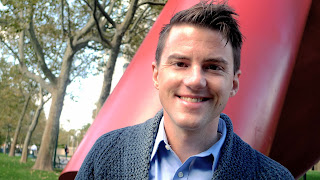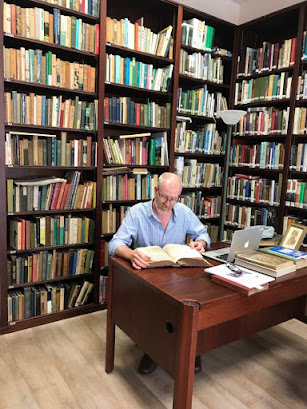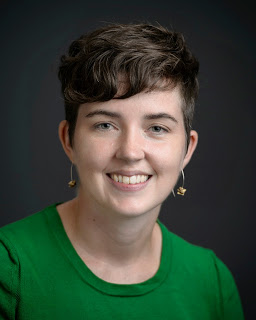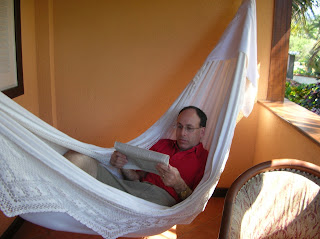Tsering Wangmo
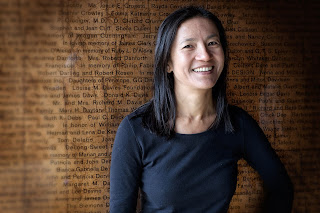
I teach courses in creative writing and contemporary literature that address exile, noncitizenship, and mobility. My fields of research and writing are exile, Tibetan nationalism, Literature of the Himalayas, and postcolonial literature and theory (with a focus on South Asia). I'm currently working on a book titled Thirteen: From Tribes to Nation . As many as 80,000 Tibetans fled into India and Nepal in 1959 with the occupation of Tibet by China. Based in Dharamsala, India, the Tibetan Government-in-Exile, represents Tibetans in exile and the national struggle for recognition. I examine the production of Tibetan identity and national narratives in the early years of Tibetan exilic life (1960's-70s). I focus on two political groups and visions: the dominant vision of the exile government represented by a political organization called the Tibetan United Association and the marginal and less popular one of predominantly Eastern Tibetan individuals whose leaders represe


